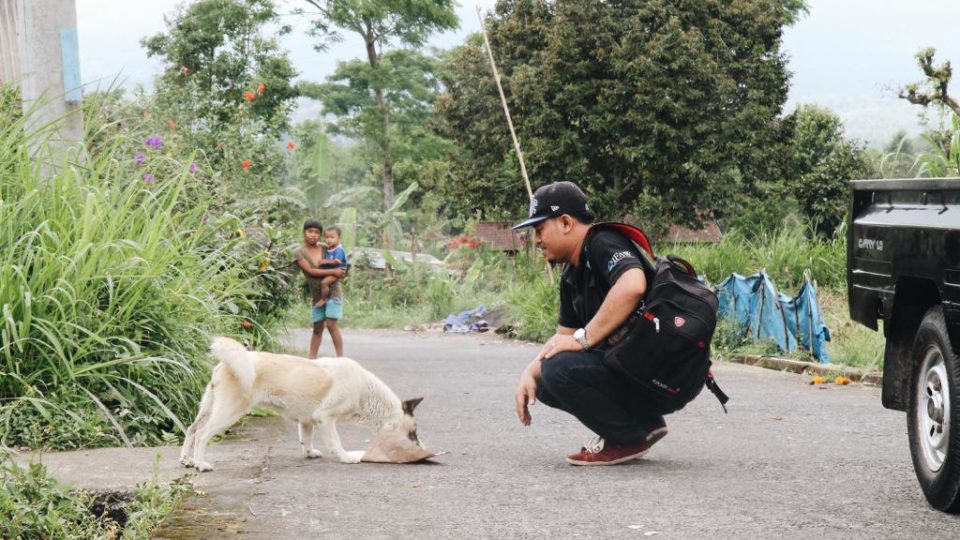Animal rescuers have been entering Mount Agung’s danger zone daily to care for the thousands of abandoned pets, mainly dogs, left behind by evacuees who have fled their homes in fear of a pending larger volcanic eruption.
Tens of thousands of villagers have had to evacuate from the Bali volcano’s exclusion zone, which was set at a ten kilometer radius from the crater when the alert status was upgraded to the highest alert level on Nov. 27.
Located in Bali’s Karangasem regency, Mount Agung is about 75 kilometers from the tourist hub of Kuta, so it’s villagers in East Bali who have been most affected by Agung’s teetering volcanic activity.
Things have been up in the air for evacuees as alert statuses along with mandated exclusion zones have been shifting.
The volcano had previously been on the highest alert level from Sept. 22 to Oct. 29. Thousands of evacuees were allowed to return home after this period when the status was downgraded to level III on Oct. 29, as the exclusion zone was reset to six to seven and a half kilometers, but once the volcano started erupting in November, the exclusion zone was extended again and the recently returned villagers had to evacuate all over again.
Current estimates put the amount of evacuees at 75,000 to 100,000. The vast majority have had to take refuge at evacuation centers, where they have not been allowed to bring their family pets with them.
The Bali Animal Welfare Association (BAWA) has set up three makeshift shelters in Karangasem where evacuees can bring their dogs to be looked after and fed, but these shelters have quickly become overcrowded and more and more people have been bringing their dogs to them in recent days.
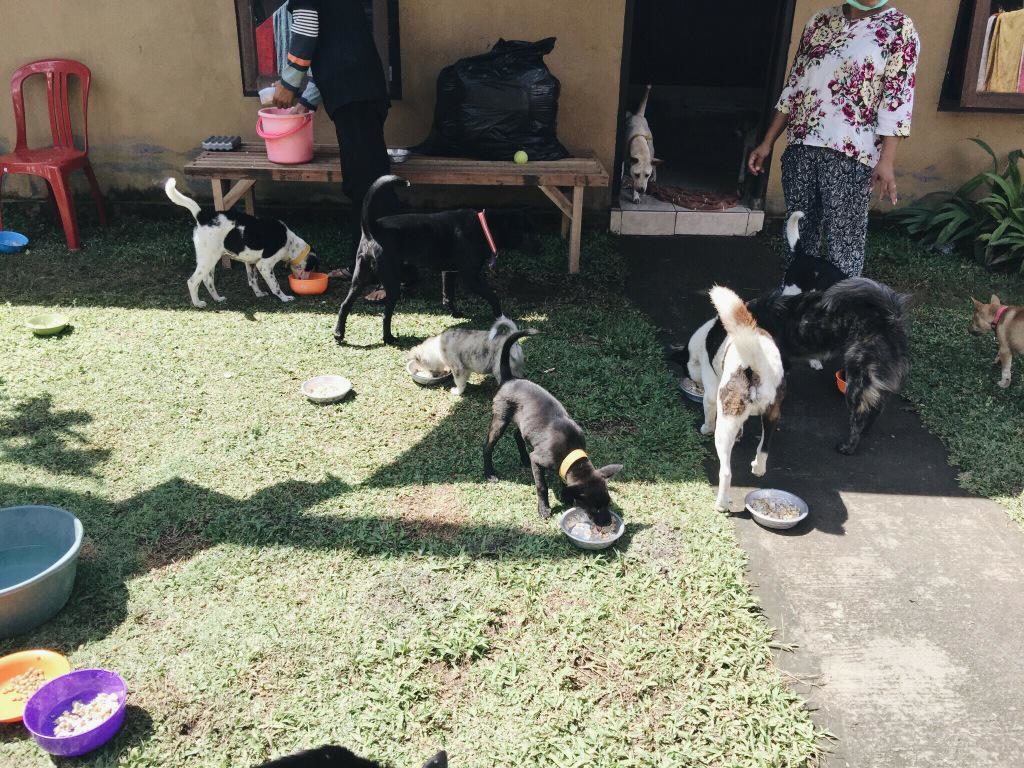
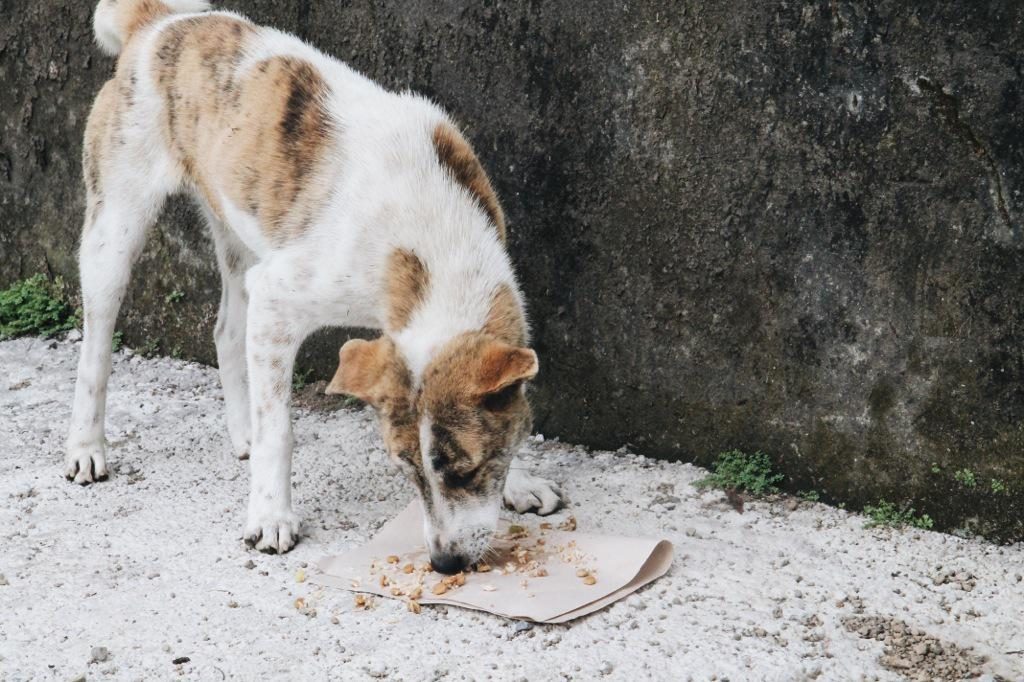
The organization is currently seeking a fourth space in Rendang, BAWA founder and director Janice Girardi told Coconuts Bali.
BAWA has a team of staff patrolling villages in the red zone, evacuating pet dogs left behind, giving priority to mother dogs and puppies, while also feeding other dogs on the street in the danger zone. BAWA has been conducting these patrols since the beginning when the evacuations started.
“We just picked up a mother dog with six newborn puppies,” Girardi said.
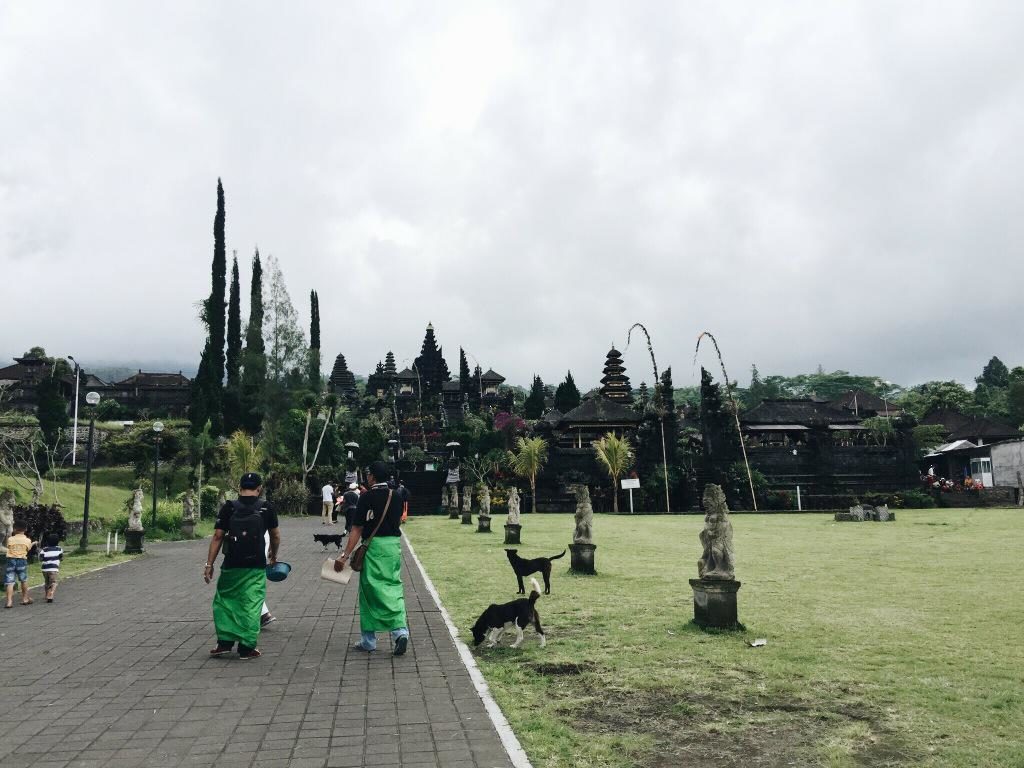
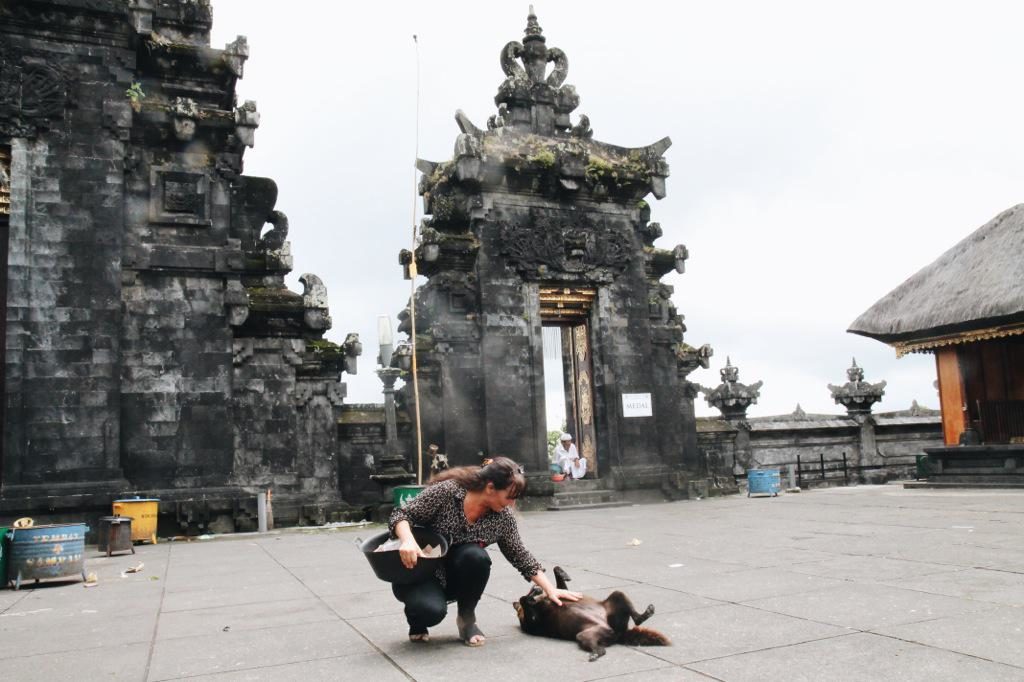
One of the big challenges of evacuating dogs though is keeping track of them. It’s not like these dogs all have name tags with addresses and phone numbers on them.
“We have to remember exactly where we’re getting them from, because otherwise we just don’t know,” Girardi explained.
To make the situation even more dire, volcanic ash has been coating the villages surrounding the volcano, so since Agung started erupting, fresh water sources that dogs had been relying on have been compromised.
“I can’t imagine how people are coping with this ash,” Girardi said, describing the scene as looking like “everything has been burned like after a major fire.”
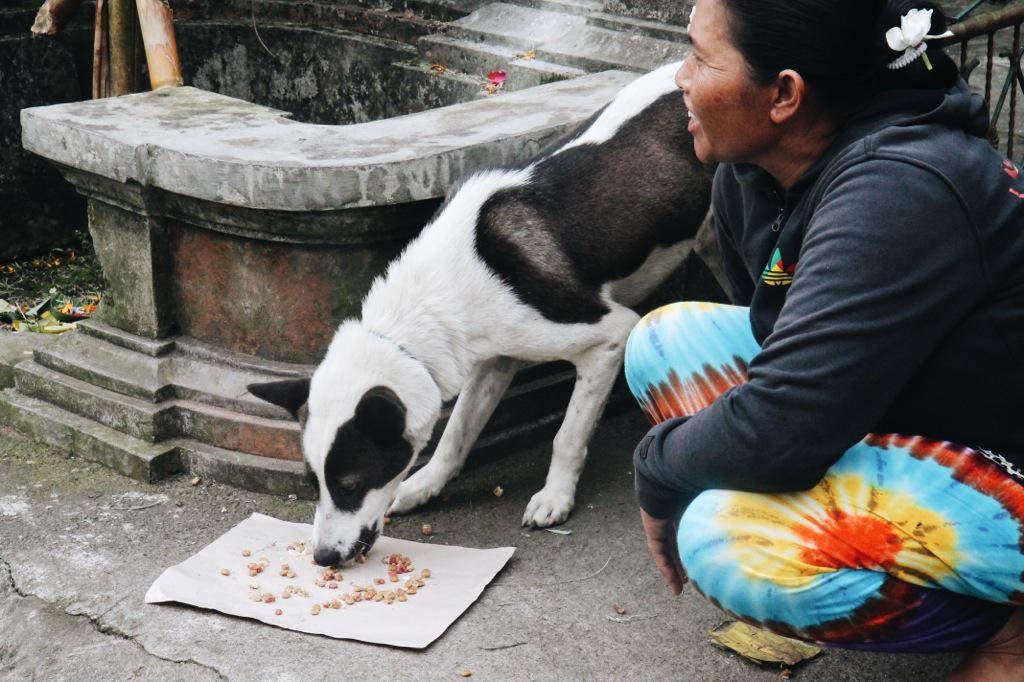
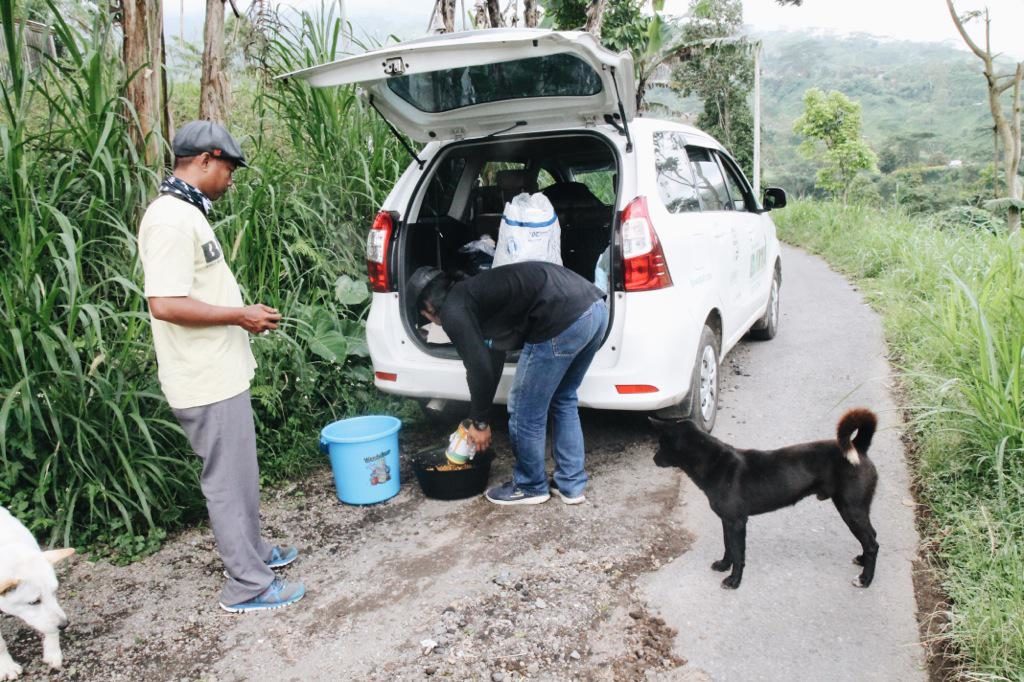
Girardi and the BAWA team are certainly not naive about the scope of their operation and understand they have neither the resources or manpower to save all the dogs on the mountain. Funding has been a major struggle for the non-profit.
“We are struggling to get funding, we can’t even fund our own shelters.
“We are in desperate need of donations.
“I know you can’t save them all, but you get attached right?”, Girardi said to Coconuts Bali.
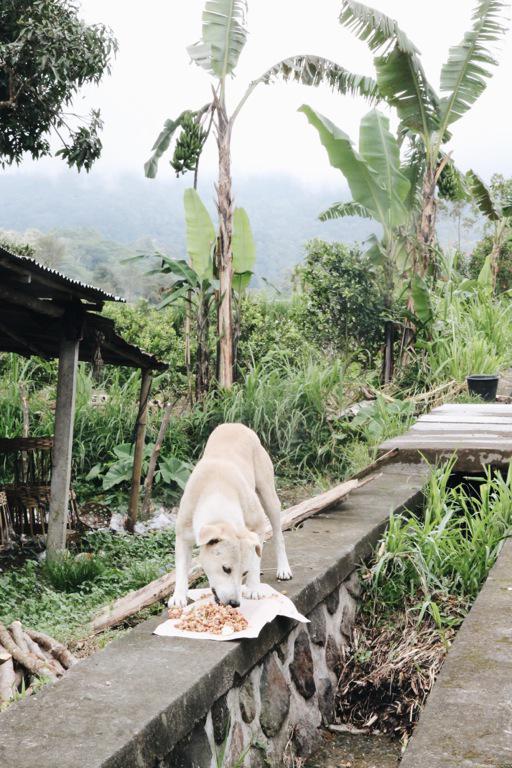
Plus, the BAWA director says she couldn’t live with herself if she were to endanger her staff in any way—which is why BAWA stopped patrols to Ban last week, a village on the north-side of Agung only accessible through a series of waterways which have transformed into dangerous lahars in the past week.
Meanwhile, BAWA is not the only non-profit on the ground, caring for the “volcano dogs.” A concerted effort between Mission Pawsible, the Jakarta Animal Aid Network (JAAN), and the Centre for Orangutan Protection (COP) has also been sending in a team of animal rescuers into the red zone on a daily basis to feed 200-400 dogs, cats, and chickens.
“They all know the sound of the food truck. But food is running out and the animals need our help,” Mission Pawsible wrote in a Facebook post last week, pleading for donations.
Relying on crowdfunding, the team has been raising money by the dry dog-food bag; AUD33 (US$25) will get you a 20 kilogram bag that feeds 40 dogs, according to the fundraiser.
